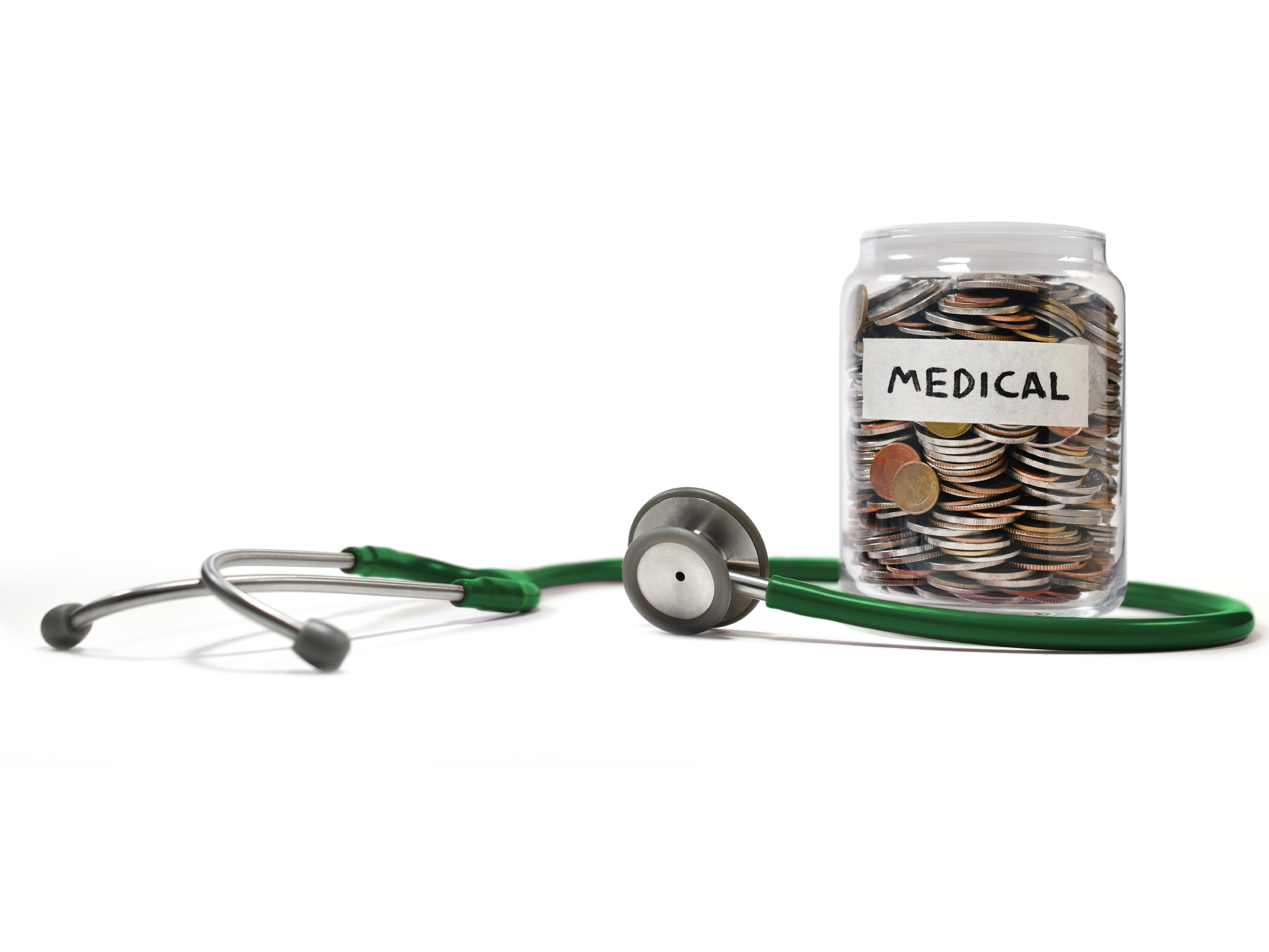A Health Savings Account Can Help You Save More Than Your Life
Most of us have heard of a 401(k), the pre-tax retirement savings plan that allows employees to contribute a portion of their wages to an investment account.
A Health Savings Account (HSA) works in much the same way by allowing you to save tax-free money you can put towards medical costs.
“The HSA is a type of personal savings account that can be set up to pay for certain health care costs and allows individuals to put money away and withdraw it tax free, as long as it is used for qualified medical expenses, like deductibles, co-payments, coinsurance and more,” says Stephanie Massey, a spokesperson for the Centers for Medicare & Medicaid Services (CMS).
According to Massey, an HSA can be beneficial for those who need supplemental insurance to lower out-of-pocket health care costs.
What’s considered an HSA-eligible plan?
Under tax law, HSA-eligible plans must set a minimum deductible and a limit (or maximum) on out-of-pocket costs for individuals and families. The minimum deductible is the amount you pay for health care items and services per year before your plan starts to pay.
The maximum out-of-pocket costs are the most you’ll have to pay per year if you need additional health care items and services.
HSA-eligible plan deductibles are often significantly higher than the minimums and can be as high as the maximum out-of-pocket costs.
One advantage is a tax advantage. You can put pretax money in an HSA and you aren’t taxed on the withdrawal as long as you spend it on medical eligible items, copays etc.
Some people treat an HSA-eligible plan like a retirement account. They fully fund it every year and never spend it until they retire or become eligible for Medicare (it can be used to pay Medicare part B premiums).
That allows the account to grow tax free and funds can be withdrawn tax-free for medical expenses, which tend to get higher as you age. It also lowers people’s taxable income. For example, in 2024, $8,300 can be contributed pretax if you are a family of two or more. Plus, if you are over 55 you can contribute another $1,000 for $9,300 total.
Those of us who don’t have a bachelor’s degree in health insurance and a master’s degree in tax law can consult local specialists like Robert Buckmann, a Eustis-based insurance guru at Mid-Florida Agencies.
“There are three types of people who can benefit from an HSA,” Robert says. “The very sick, the extremely healthy, and someone to wants to use this as a ‘retirement’ account.”
Upfront costs can be shocking for a person who is extremely ill, but according to Robert it pays off in the end. That’s because it tends to be the cheapest option when you take the monthly premiums and add the out-of-pocket maximum. Someone who needs multiple surgeries or hospital stays benefit from that type of plan.
“About four years ago, I had a client who needed a double lung transplant and he unsurprisingly had some reservations about paying so much out of pocket,” he says. “I had to remind him that yes, he was going to be paying for everything, but once he hit the out-of-pocket amount and stayed in-network, there was no limit or maximum that he had to contribute.”
According to Robert, the second typical beneficiary of the HSA plan is the very healthy person. That’s because the plan acts as catastrophic coverage — money in case you get into an accident or have some other unforeseen situation. And it tends to have a lower premium than most plans and an out-of-pocket max limiting the clients’ exposure. Someone who only needs wellness and possibly generic meds benefits from the lower premium.
The third type of person can benefit just from the savings, like Robert, who at 57 isn’t just an agent but a client who takes advantage of the opportunity.
“I wish I started doing this much earlier,” he says. “Now I contribute the max each year and because it’s growing I can use it for my Medicare plan.”
He wants to make it clear that to spend the money, you don’t have to be on the plan but in order to contribute, you must be on a plan.
“I have a lot of current clients on certain plans, depending on their monetary and health situation,” Robert says. “Most are 64 and under because by that time they are on Medicare.”
Robert, who has been operating on a referral-based, word-of mouth basis since 2017, says he recognizes that the whole process can be confusing and frustrating, which is why he loves helping people.
“I can’t tell you how many times people have broken down crying because they appreciate the help,” he says. “It’s not a hard sell because I genuinely care.”


